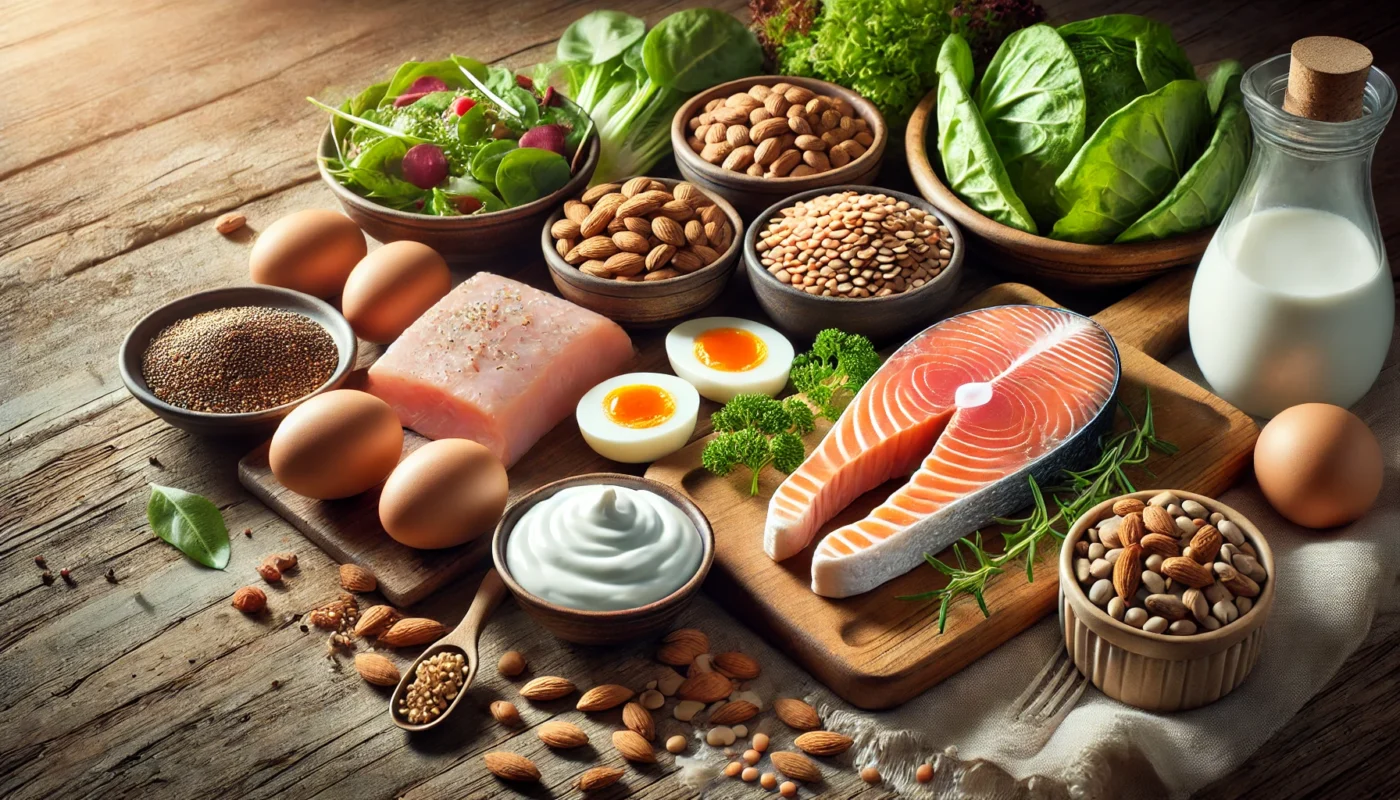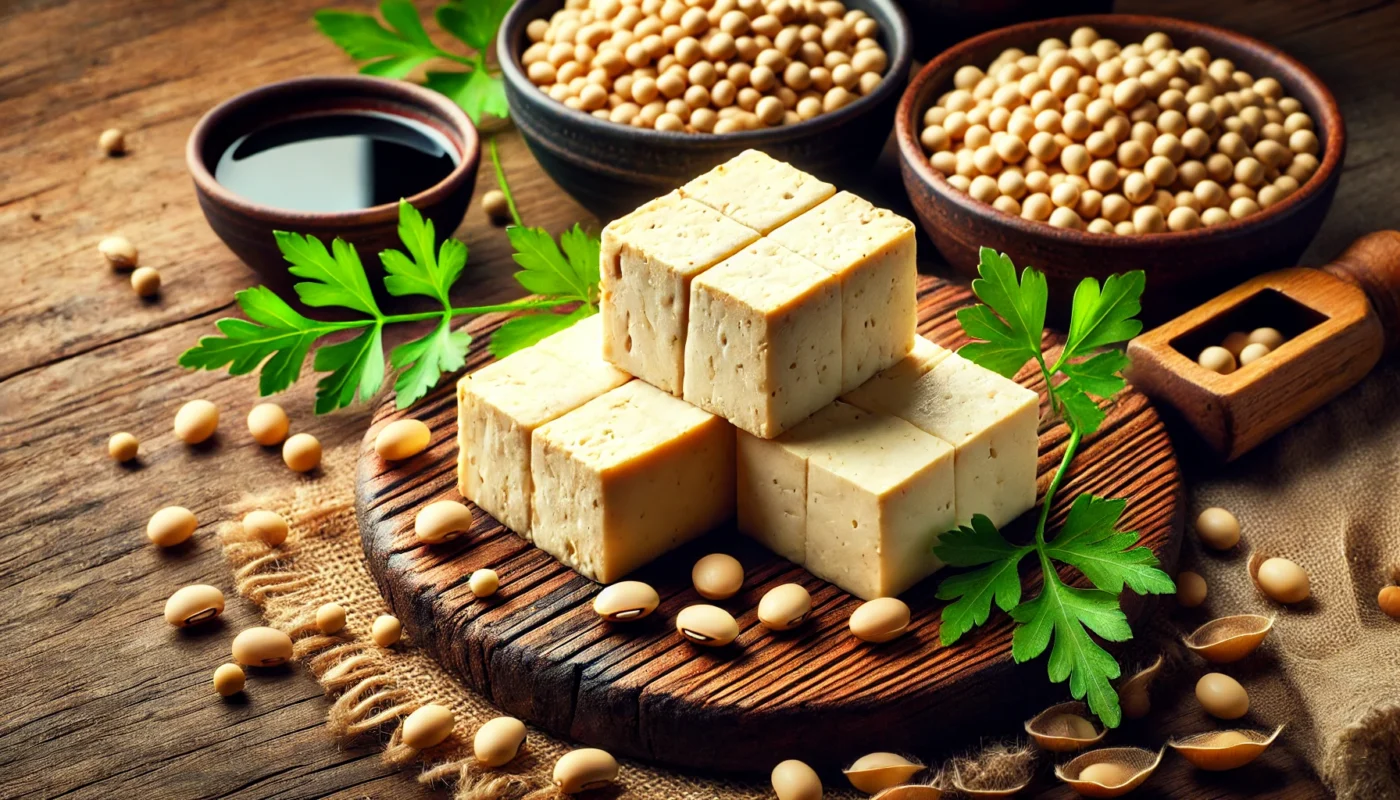When embarking on the recovery journey following surgery, the body’s demand for specific nutrients intensifies to facilitate effective healing and regain lost strength. The role of a meticulously structured diet cannot be overstated in this context, especially after undergoing procedures such as abdominal surgery or fibroid removal. A balanced diet not only accelerates the healing process but also plays a crucial role in managing common post-operative symptoms, including nausea and a diminished appetite.
Tag Archives: Protein Sources
When it comes to healing, particularly after surgery or injury, your body requires certain nutrients to repair tissues and restore health. Among these nutrients, protein plays a pivotal role. This article delves into how protein-rich diets can enhance healing efficiency, supported by scientific research and practical advice.
Inflammation is a natural response by the body’s immune system to injury or infection. While acute inflammation is essential for healing, chronic inflammation can lead to various health issues, including heart disease, arthritis, and even cancer. Diet plays a crucial role in managing inflammation, and adopting a vegan anti-inflammatory diet can be an effective strategy.
When it comes to breakfast staples, turkey bacon often appears as a healthier alternative to traditional pork bacon. However, as health-conscious individuals scrutinize their dietary choices, the question arises: Is turkey bacon inflammatory? In this comprehensive analysis, we delve into the nuances of turkey bacon and its potential inflammatory effects, providing expert insights for fitness enthusiasts, health enthusiasts, and those managing medical conditions.
Protein is a vital nutrient, playing a key role in virtually every biological process in our bodies. But does protein cause inflammation? This question has sparked much debate among health enthusiasts, fitness buffs, and medical patients alike.
Inflammation is a natural response of our immune system. It helps protect our bodies from harm, but when it becomes chronic, it can lead to various health issues. Understanding the link between protein and inflammation is crucial for managing our health and wellbeing.
The type, quantity, and quality of protein we consume can influence our body’s inflammatory response. However, the relationship between protein and inflammation is complex and multifaceted. It’s not as simple as saying protein causes inflammation or it doesn’t.
This article aims to explore this intricate relationship. We’ll delve into the science behind protein and inflammation, debunking myths and providing evidence-based information. We’ll also discuss how different types of protein may affect inflammation and how to balance protein consumption for optimal health.
Whether you’re a fitness enthusiast seeking to optimize your recovery, a health enthusiast aiming to understand complex health information, or a medical patient looking for practical tips to manage your health condition, this article is for you. Let’s embark on this journey to better understand the link between protein and inflammation.
Tofu, a staple in many diets, is often a topic of debate in health circles. Its impact on inflammation levels is a particular point of contention.
This article aims to shed light on this issue. We’ll delve into the science behind tofu and inflammation, dissecting the research and debunking common myths.
Tofu is a soy-based product, rich in isoflavones. These compounds can have both pro-inflammatory and anti-inflammatory effects. The impact of tofu on inflammation can vary greatly, influenced by individual health conditions and genetic factors.
We’ll also explore the role of tofu in a balanced diet. It’s crucial to consider the overall dietary pattern rather than focusing solely on a single food item.
This article will provide practical advice on incorporating tofu into your diet. We’ll discuss the importance of quality, preparation methods, and portion control.
Whether you’re a fitness enthusiast, a health enthusiast, or a medical patient, this article aims to provide you with a comprehensive understanding of tofu’s role in inflammation.
Remember, while this article is informative, it’s always best to consult with healthcare professionals when making significant dietary changes. Let’s dive in and explore tofu’s impact on inflammation levels.






